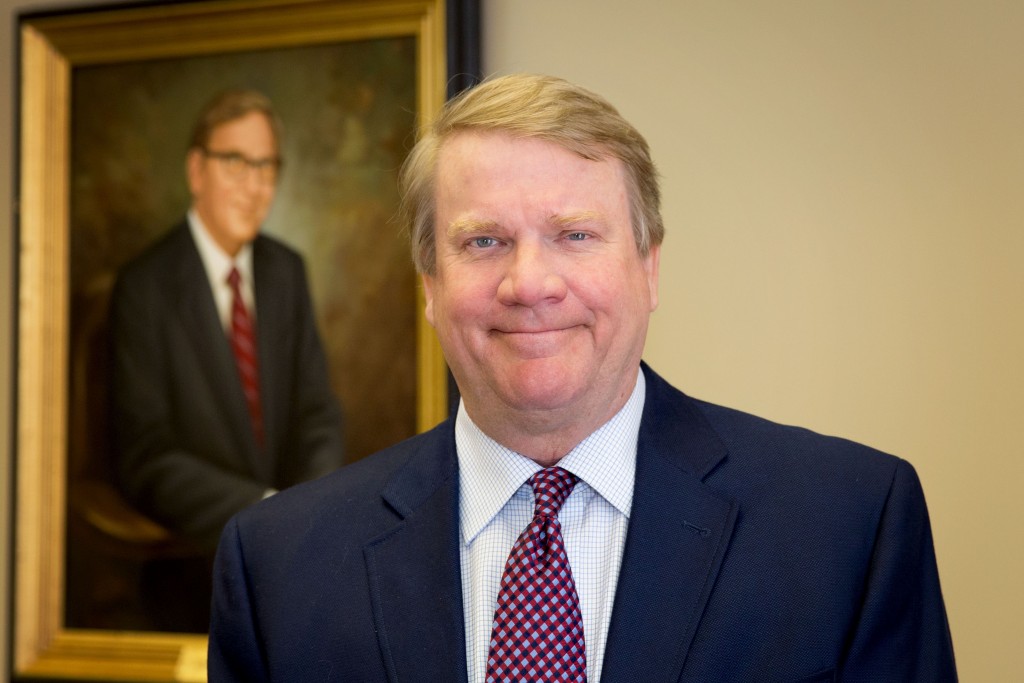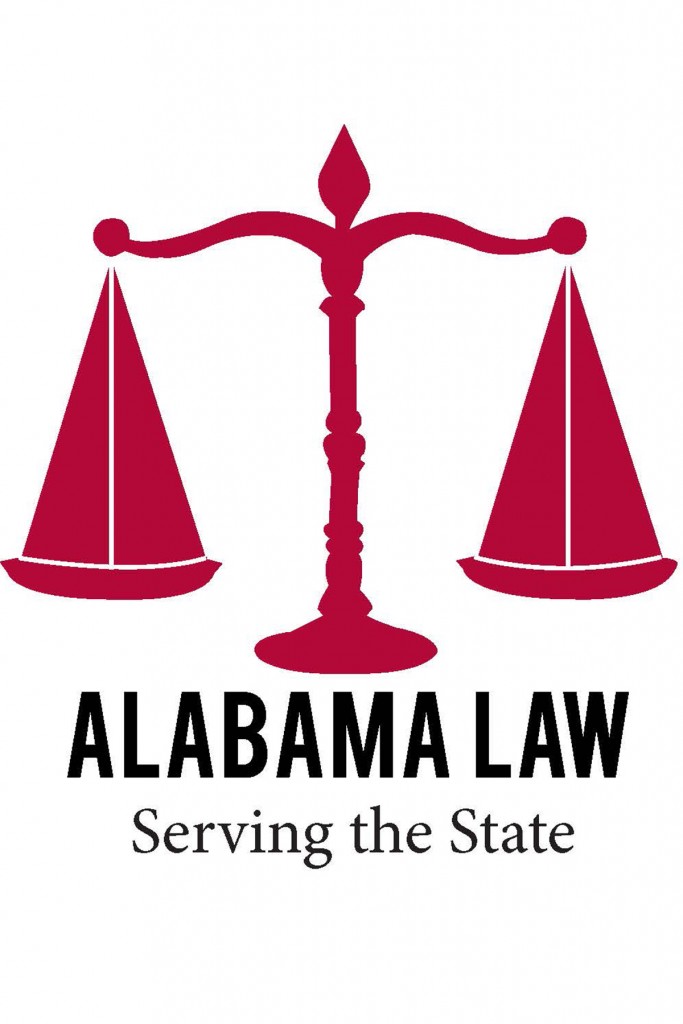Alabama State Bar President Lee Copeland (’82) welcomed the bar’s newest members in October and said they were joining what he considers the “best profession in the world.”
“One of their duties is to keep it that way,” Copeland said, “and they can do that by having a high degree of professionalism.”
 Copeland brings that pride and passion to his term as the 140th president of the 17,700-member association. As he crafted his goals for his term, he was mindful the association is one of a handful in the country that serves both as a regulatory body and that provides benefits to its members.
Copeland brings that pride and passion to his term as the 140th president of the 17,700-member association. As he crafted his goals for his term, he was mindful the association is one of a handful in the country that serves both as a regulatory body and that provides benefits to its members.
In his first video message to members, Copeland took on the matter of state funding, urging members to speak to state representatives about the importance of funding the court system. The court system, like many state-supported organizations, is weathering budget cuts. Copeland argues the court system shouldn’t be subjected to changes in state funding because it is a separate branch of the government with a constitutional mandate.
“We need a stand-alone, self-funding mechanism that will be able to adequately fund the courts so that they can comply with the mandate that’s in our constitution,” he said. “The bar is actively looking into that, but it’s a long-term problem. It’s not going to be solved overnight.”
While at Alabama Law, Copeland was the kind of student who skipped class to watch tapes of Francis Hare giving a closing argument, and he will never forget how Dean Charles Gamble, filling in for a professor one semester, “made the world of endorsements and promissory notes as exciting as watching “CSI” on TV. It was in law school that others learned Copeland doesn’t take himself too seriously. Back then, he was a member of a supper club of sorts, whose members called themselves the Squires. The Squires purchased a plaque, placed their names on it as loyal servants of the Law School, sneaked in one day and hung in on the walls shortly before they graduated. (For years it hung near the Bedsole Moot Courtroom, but has recently gone missing.)
After graduation, Copeland clerked for Judge Truman M. Hobbs, Sr. of the U.S. District Court for the Middle District of Alabama and later joined Copeland, Franco, Screws & Gill, where his father, Albert Copeland (’51), had been one of the firm’s founders. His current practice is mostly litigation, and he handles Business, Commercial, Consumer and Insurance Coverage Litigation.
Copeland always wanted to be an attorney, and colleagues describe him as warm, friendly and engaging – attributes that will be helpful during his term as president of the state bar.
“I don’t know that he’s ever made an enemy in the practice of law,” said Judge Truman M. Hobbs, Jr. (’83). “He represents his clients, but he does it with dignity and courtesy.”
Copeland is the kind of attorney that juries tend to like because he has what Attorney Bobby Segall (’71) calls “a lawyer’s personality.”
“Lee has excellent judgment,” Segall said. “He is someone with the gravitas to be heard. People respect his opinion, and he’s a great problem-solver.”
Another of Copeland’s goals addresses several challenges within the profession. The bar recently started a task force to explore the development of a program that would match recent law school graduates with lawyers who are looking to retire. The two attorneys would work together for a period of time, and then the practice would be turned over to the new attorney.
A similar program in Iowa has had some success, and Copeland said he would like to model the program in Alabama. When thinking about law firms, he said there is a tendency to focus on the larger firms. In Alabama, though, more than two-thirds of the firms in the state have five or fewer lawyers.
The partnership would help increase employment and help retiring lawyers turn over their practices to those they can trust. Finally, it would ensure that lawyers continue to practice in rural areas.
“A lot of our smaller counties could use more lawyers, frankly, but you’ve got to find a reason to get them there,” Copeland said.
Copeland plans to continue the video messages, logging one every quarter, so that attorneys will know what the association is doing and how they can help. “It’s a rule for lawyers,” he said. “You look around the community, and it’s the lawyers who are always the Sunday School teachers, Little League coaches, on the Rotary board. Lawyers are used to rendering service.”
